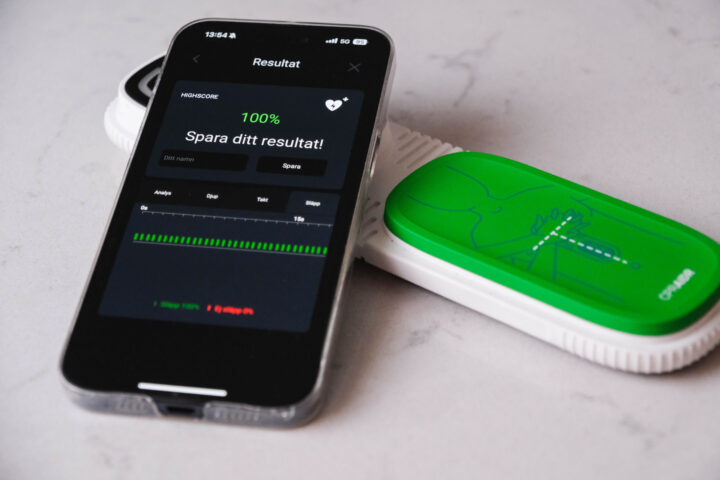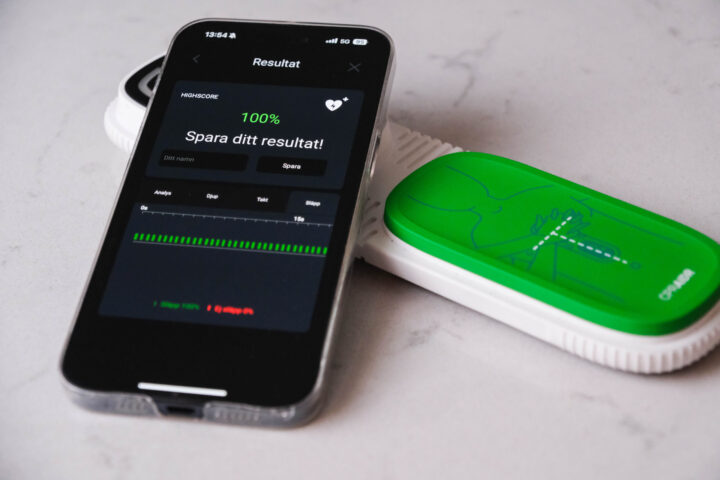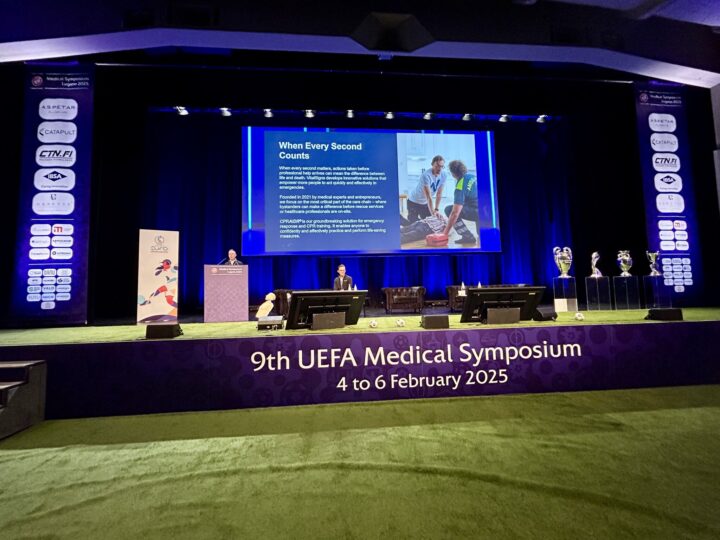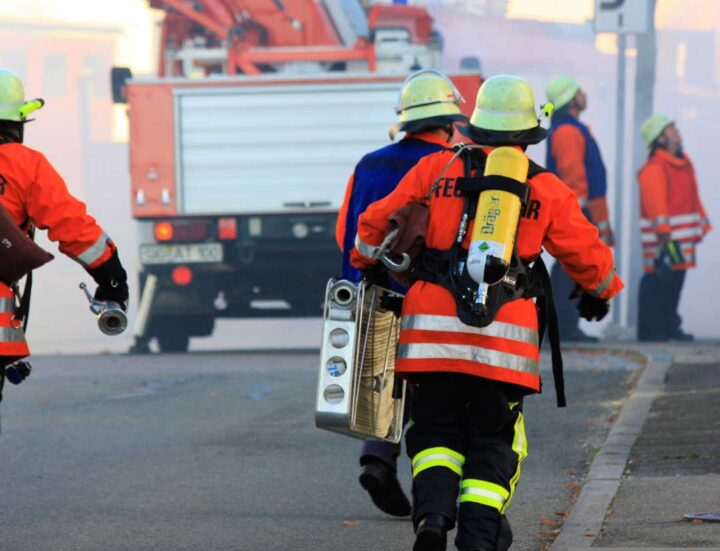Summary from the article "Do you remember when it really matters?" by Linus Gedal
Problem: Sudden cardiac arrest is a serious medical condition that requires immediate cardiopulmonary resuscitation (CPR). Research has shown that CPR performance is generally lacking, but technical aids such as the CPR guide [Now CPRAIDR] can improve the execution of CPR for both laypeople and healthcare professionals. However, further research shows that CPR skills deteriorate rapidly.
Research Question: How does practice with sensor-based cardiopulmonary resuscitation technology affect the ability to maintain skills in the correct execution of CPR?
Method: To answer the research question, an experimental study using a quantitative method was conducted. Twenty laypeople participated in the study. The participants performed CPR without assistance, with the CPR guide (a sensor-based technical aid for CPR that utilises visual graphic feedback (VGF)), and then without assistance again. Data was collected through technical equipment and analysed after data collection using descriptive statistics and the execution of a "One-way Repeated Measures ANOVA."
Results: The results of the study showed that at the first practice session, without the use of the technical aid, the average percentage of correctly performed compressions was only 10.9%. This figure rose to 56.4% when using the CPR guide. At the last practice session without the technical aid, on average 17.5% of the compressions were performed correctly. The results indicated that just one practice session with the CPR guide resulted in an average improvement of 60.5% for the number of successful compressions that the participants performed during CPR execution without assistance.
Conclusion: The study contributes to an increased understanding of the role of technology in CPR training. In line with previous research, the results show that technical aids such as the CPR guide contribute to improved CPR performance. The study establishes that practice with technical aids using VGF is an effective way to train laypeople in CPR and that skills are maintained. The results and limitations of the study also emphasise the need for repeated studies with a control group. This is necessary to investigate how training with technical aids that use VGF affects the retention of CPR skills compared to training without such support.
Author: Linus Gedal, Stockholm University



